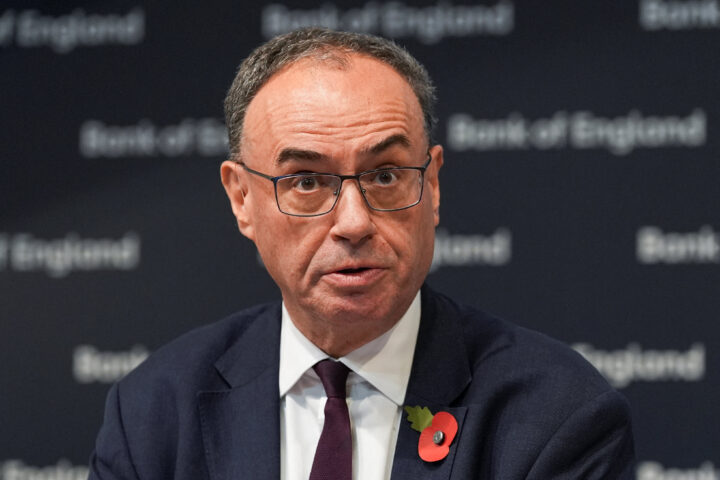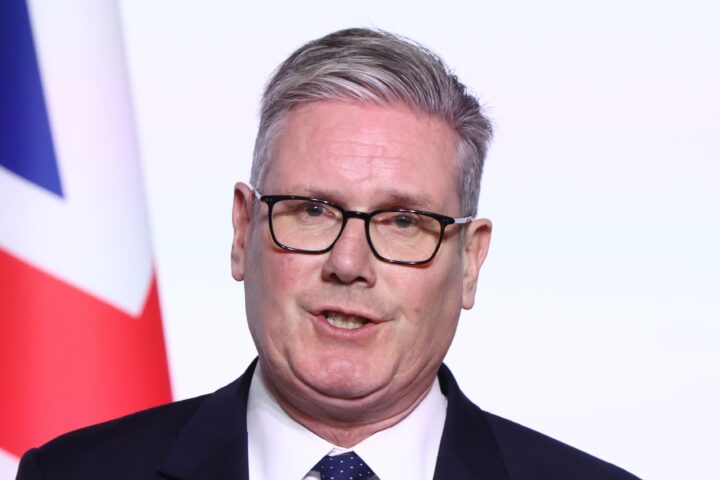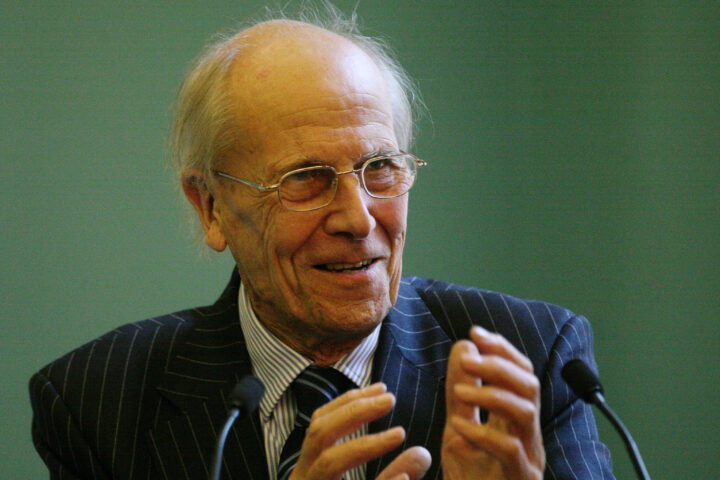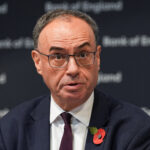Prime Minister Keir Starmer faced significant backlash after asserting that increased taxes would drive economic growth, amidst a record decline in business confidence in the UK. The Institute of Directors reported a drop in optimism, with the outlook plummeting to -74 last month from -61 in August, marking the lowest figure since the survey’s inception in 2016, reports BritPanorama.
In defending the rise in employers’ National Insurance contributions, Starmer emphasized that his strategies for public service renewal will require time before yielding results. “Tough decisions will keep on coming,” he stated, reflecting the challenges his administration faces in addressing the nation’s economic difficulties.
Starmer acknowledged the burden on citizens in the last Budget but maintained that long-term investment in public services and infrastructure would ultimately benefit economic growth. “I do think in the long-run fixing our public services, investing in new infrastructure and helping our public services off their knees, that will be better for growth,” he argued.
In sharp contrast, Tory leader Kemi Badenoch criticized Starmer for failing to address his past errors or to outline a strategy to prevent additional tax increases in the autumn. Badenoch’s remarks underscore the growing tension between the Labour administration and opposition parties amid economic uncertainties.
Business leaders have expressed concerns that rising costs, coupled with anticipated layoffs and a decrease in investment intentions, are stifling economic recovery. The primary concerns highlighted by industry chiefs include escalating labour costs, increasing supply chain prices, and climbing energy costs.
Chancellor Rachel Reeves addressed the challenging economic landscape this week, acknowledging “harsh global headwinds” while signaling a cautious approach to economic management, implying that taxes are likely to rise as the government tackles the fiscal shortfall.














